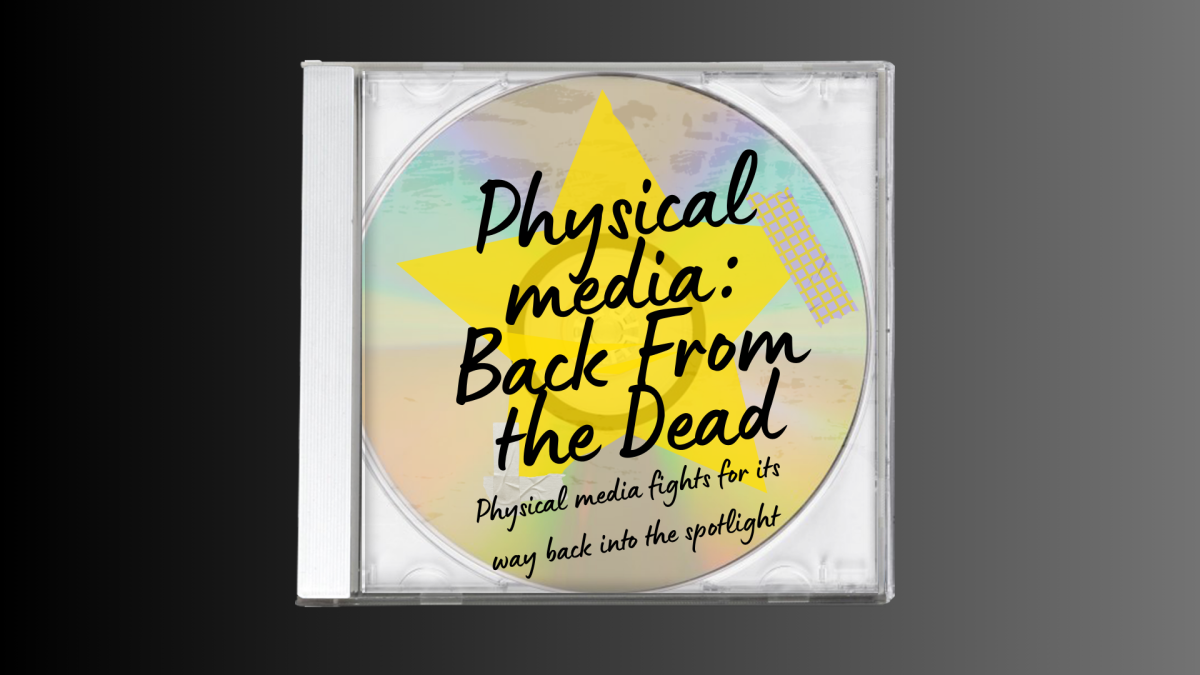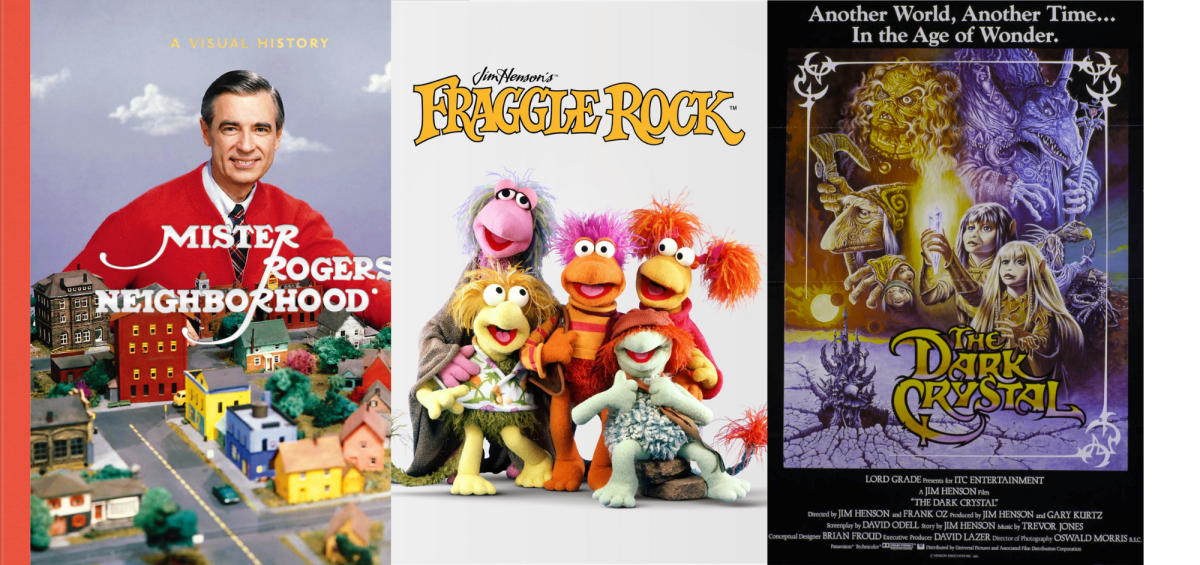November was a more relaxed reading month. I had more time to read, and so there was less pressure to pick good books or enjoy everything. Out of the total 13 books I read this month, three stick out as having been especially good or enjoyable. As per the earlier format, these reviews will include a summary, brief review, and a one-sentence wrap-up. They are listed in no particular order.
- “Death of a Salesman,” by Arthur Miller
It’s a toss-up between “Death of a Salesman (DOAS),” and “The Crucible,” for the most iconic of Miller’s works, but the honor of most recognizable story belongs to “DOAS.” Set over the course of one day, with flashbacks to the past, “DOAS,” is the story of the Loman family. After years apart, Biff and Happy Loman have returned to their childhood home to visit aging parents Linda and Willy, a traveling salesman down on his luck. The confined setting quickly leads to the flaring of past tensions as the Loman family is forced to confront their own short-comings and the current troubles they find themselves in.

“DOAS,” endures in its simplicity. It is a story that inherently understands the drama and stakes that come from tense home comings and undiscussed family traumas. The characters are frequently unlikeable, but compelling. Their actions are selfish, but understandable. They are richly drawn portraits of both individuals and the ideas; they are not just Biff, Happy, Linda, and Willy, but the burnt out eldest, the perpetual baby, the devoted mother, and the overbearing father. By purposefully studying these people both intimately and abstractly, Miller is able to apply their lessons to the audience’s lives, and is able to create a heartbreaking picture of a broken — or breaking — family.
10/10 would be emotional again
- “The Road,” by Cormac McCarthy
Set in the distant (but not so distant) future after a global crisis (presumably nuclear, but can also read as a climate disaster), “The Road” is the story of The Man and The Boy, a father-son duo traveling along the eponymous Road to survive their inhospitable climates. As they journey towards the coastline, the two navigate their way through physical danger, their changing relationship, past hurts, and the uncertainty of their future.

Fittingly, “The Road” is sparsely written. It’s a barebones narrative, and one that benefits from its repetition and simple prose. The audience truly feels the exhaustion and monotony of the characters’ lives, and, like The Man and The Boy, must be on high-alert at all times. The story’s minimal cast lets the reader get attached quickly, and gives the narrative time and room to explore the complexities of the pair’s relationship. In some ways, the moments of volatility between the characters feel more dangerous than the Road — and the other travelers.
9.5/10 would endure again
- “The Saturday Night Ghost Club: A Novel,” by Craig Davidson
Told in alternating timelines — narrator Jake’s current life as a neurosurgeon and father, and his twelve-year-old self during one particular summer — “The Saturday Night Ghost Club,” is a story of memory, growing-up, and the things lost along the way. In the current time, Jake reveals anecdotes about the trials of his current occupation and parenthood. In the past, Jake shares stories about ghost hunting with his Uncle Calvin and friends Dove and Billy Yellowbird. As Jake’s life progresses (both currently and in the past) he confronts the realities of the world, the difficult transitions of life, and the power of memory.

I remember getting to around the half-way point of this novel and realizing there was something lurking beneath the surface of the seemingly light-hearted novel. I prepared for an emotional sucker-punch which “The Saturday Night Ghost Club” delivered perfectly and heartbreakingly. The dual-timeline is perfectly disorienting and poignant. At first, the neurosurgeon excerpts almost help distract from the undercurrent of sadness from the past. As the novel develops, however, the contemporary timeline begins to feel like Jake’s re-examination of events and stories he could not comprehend as a child. It is a story about ghosts, but it’s a story about personal ghosts — the hurts, the people, the events that continue to haunt. More importantly, however, it’s a story about understanding these ghosts in order to live a better life.
10/10 would cry over local legends again







